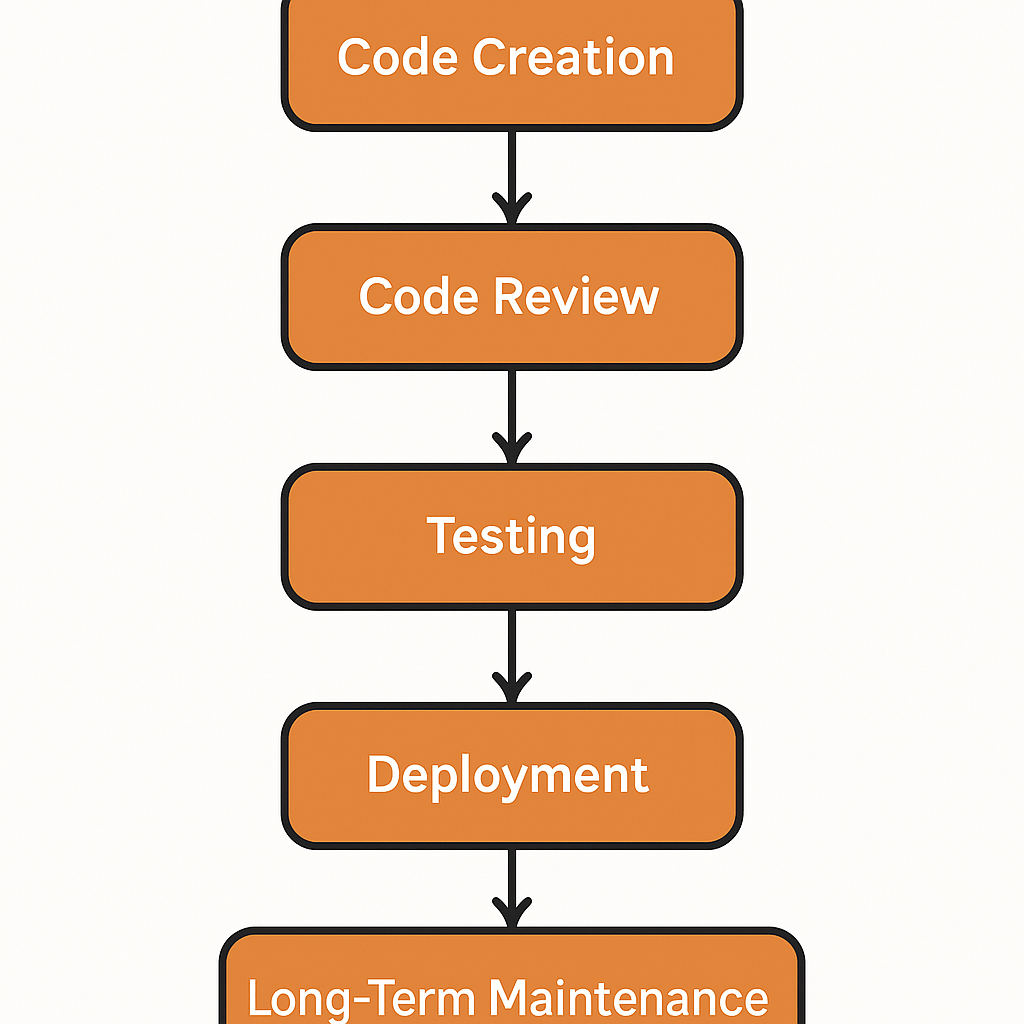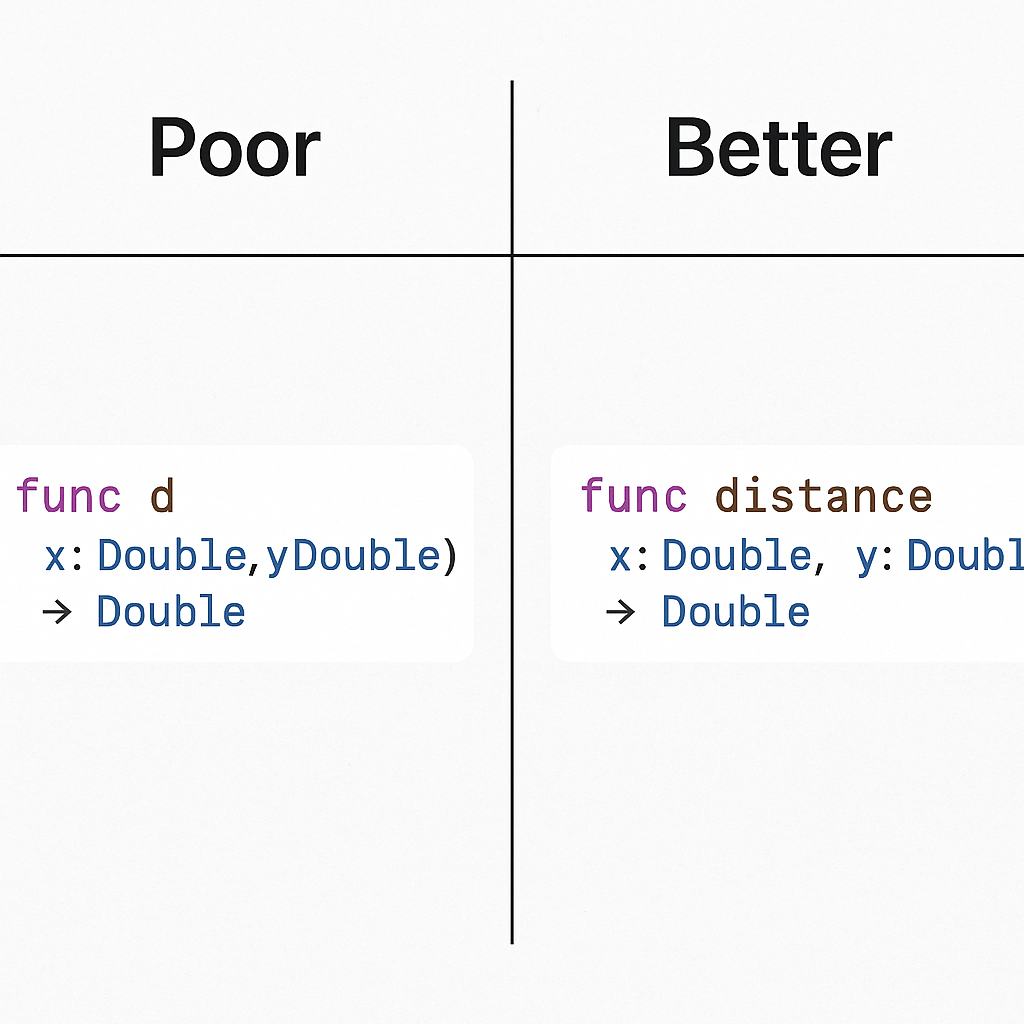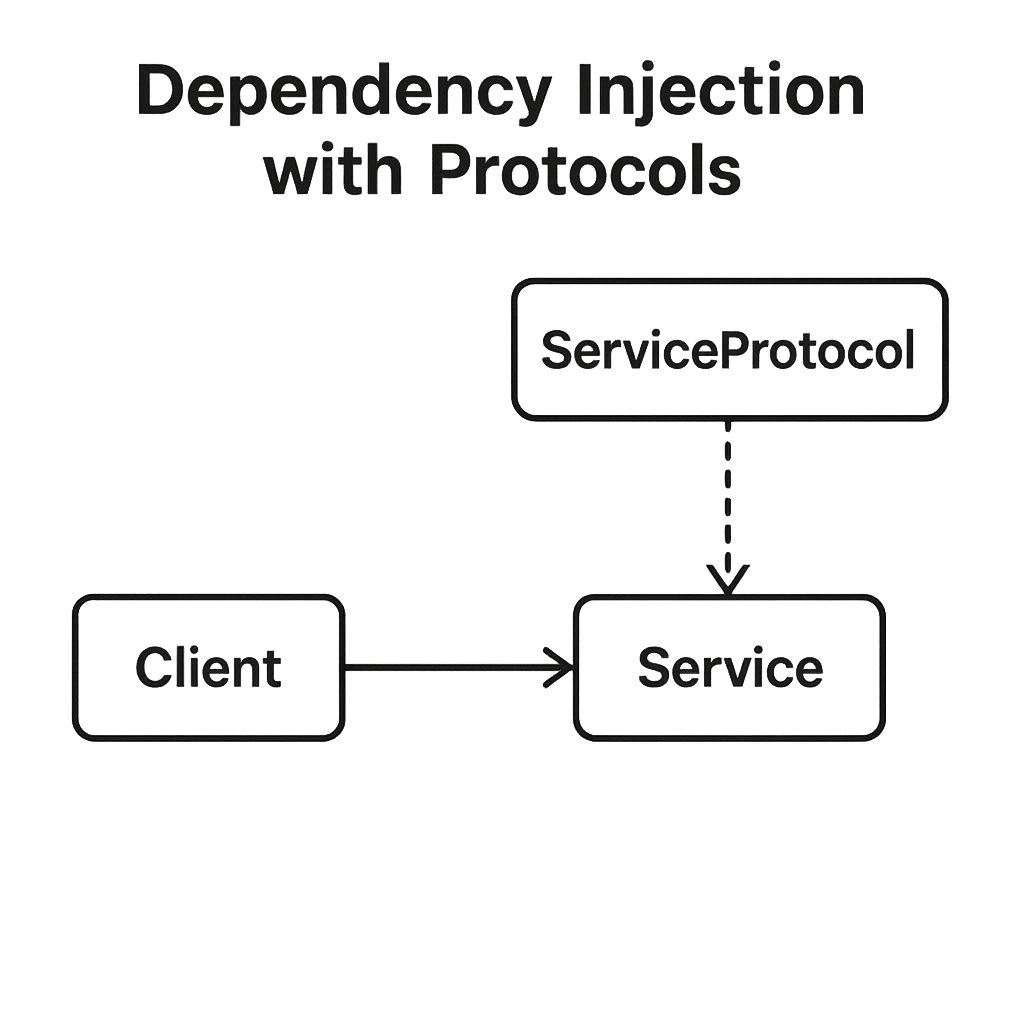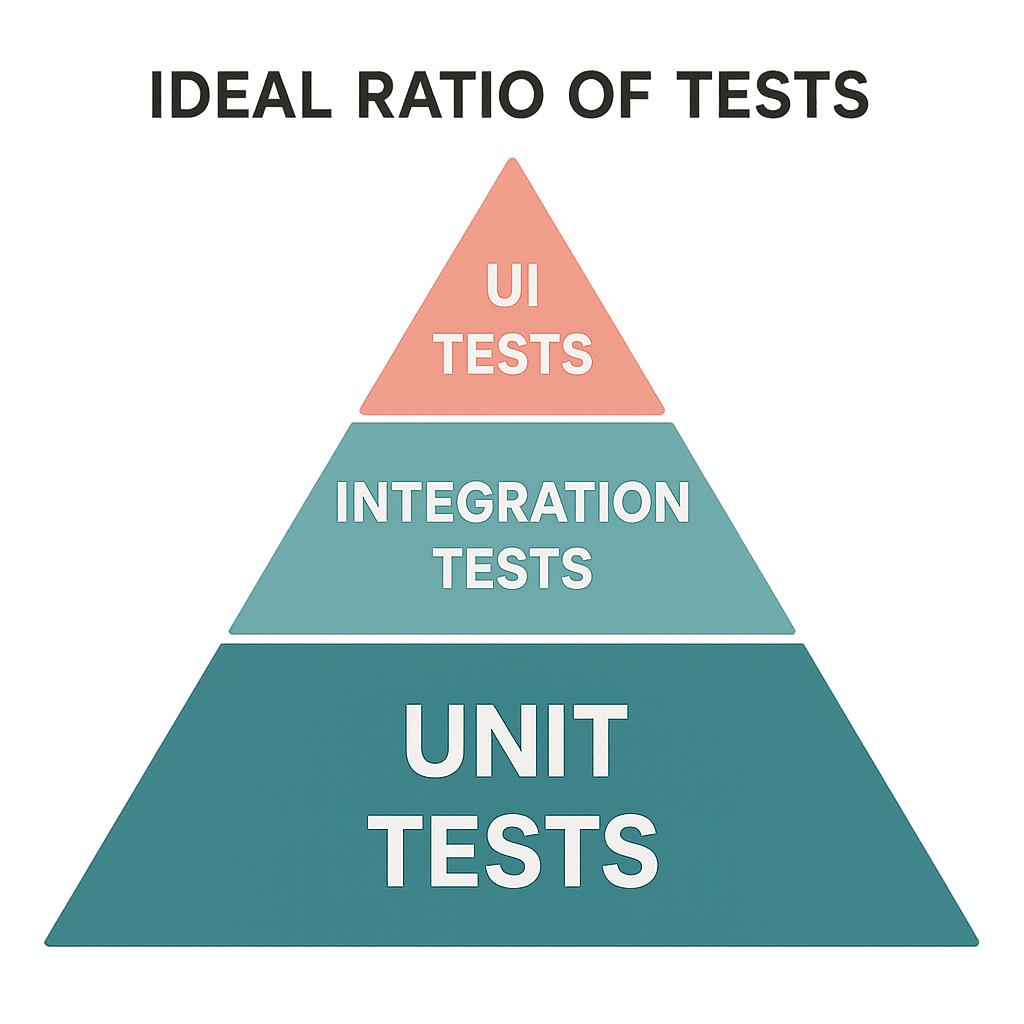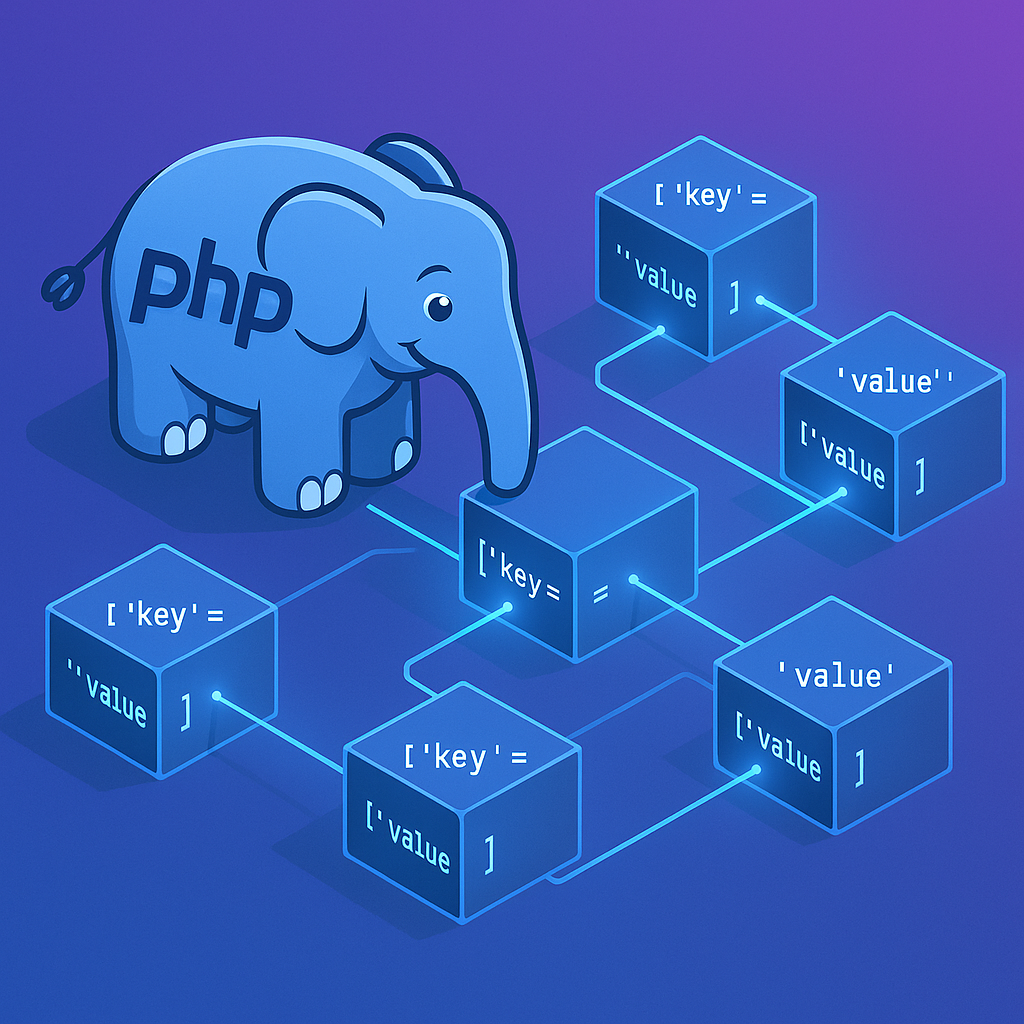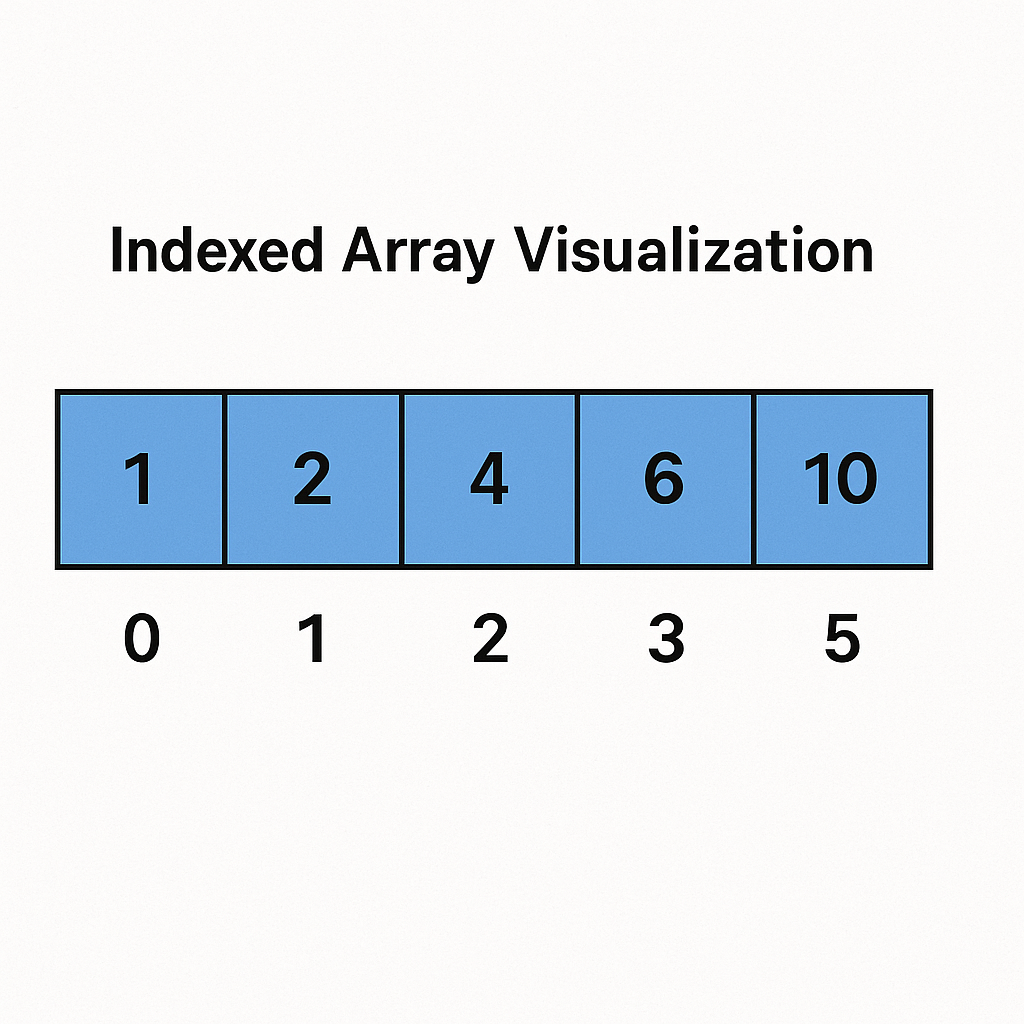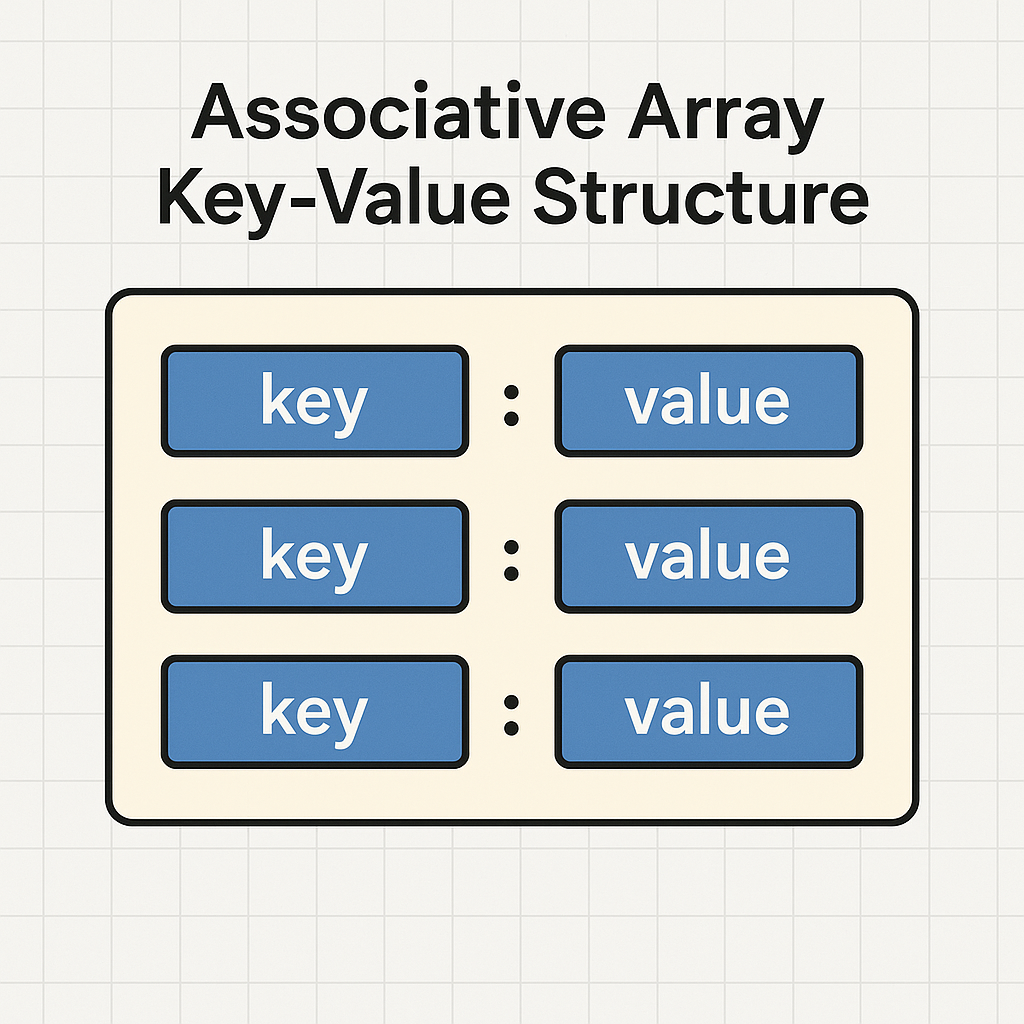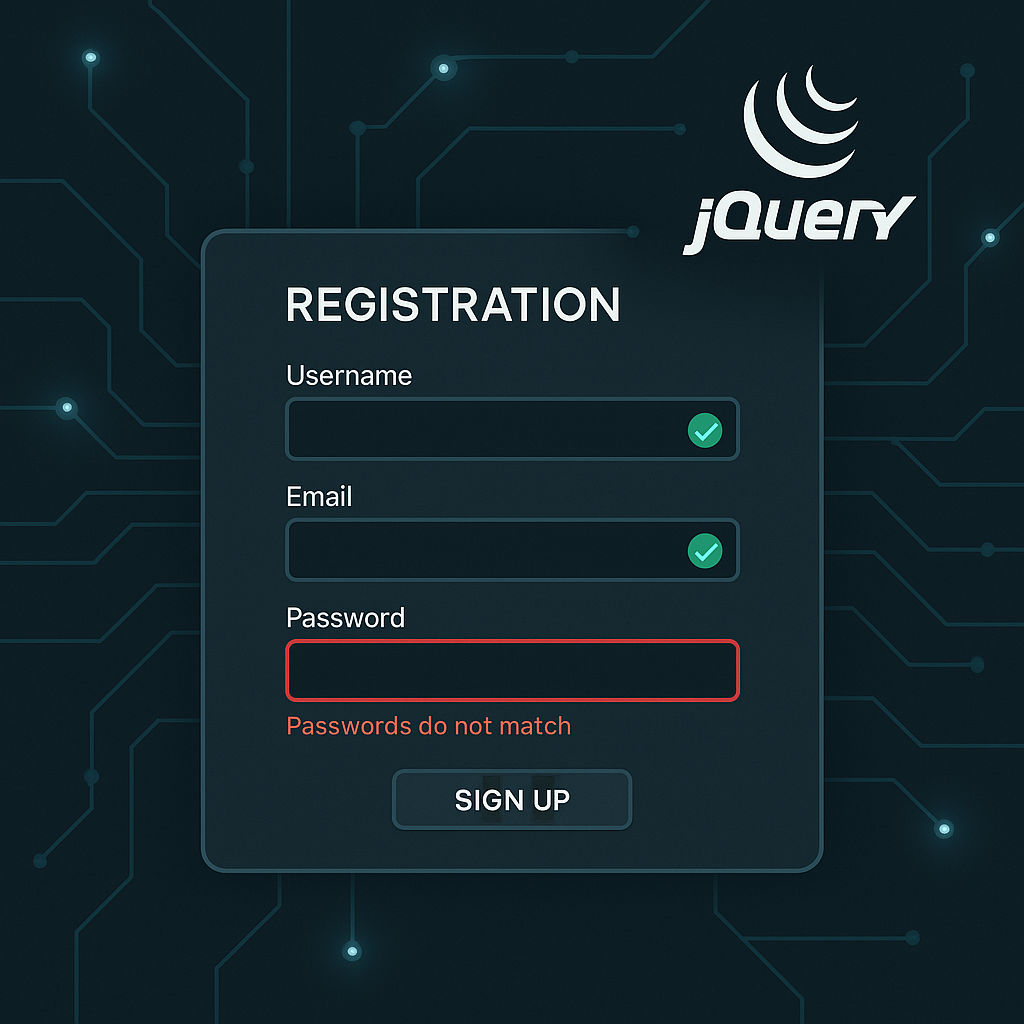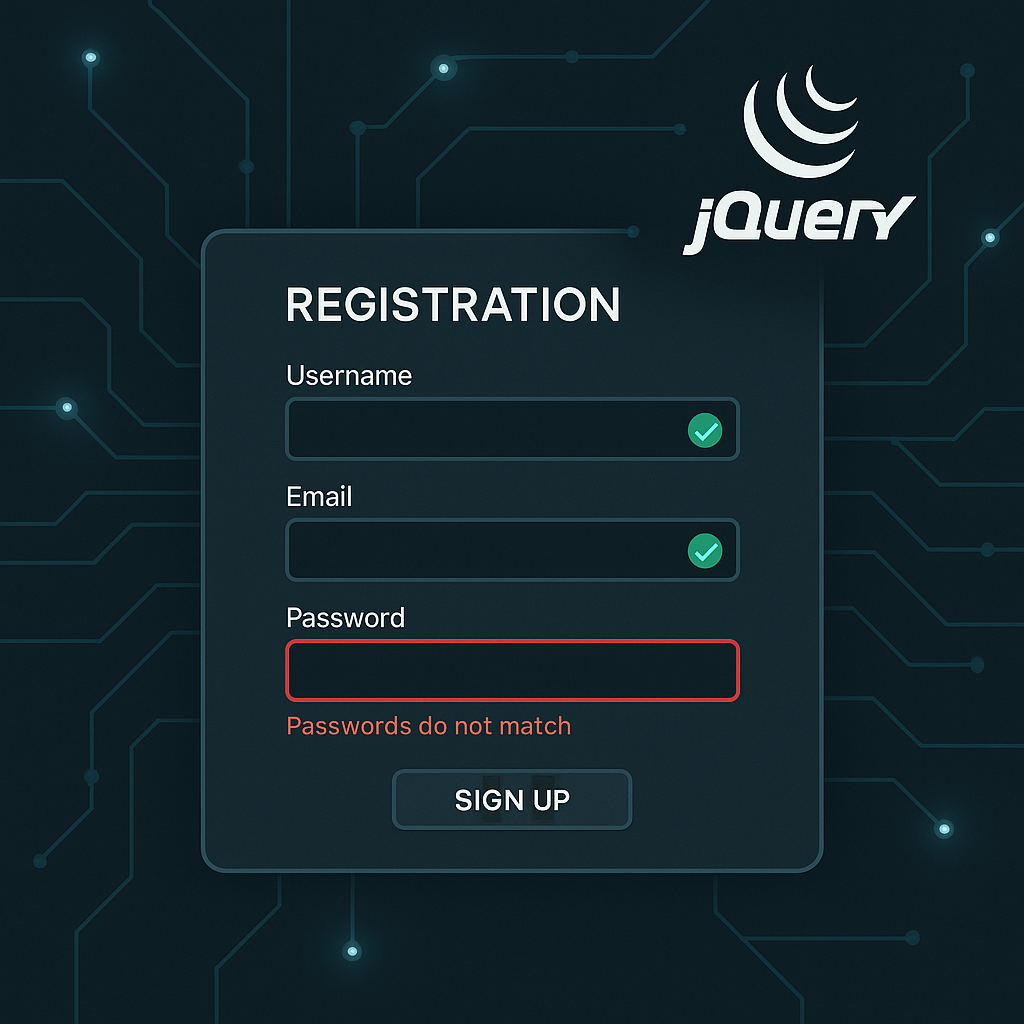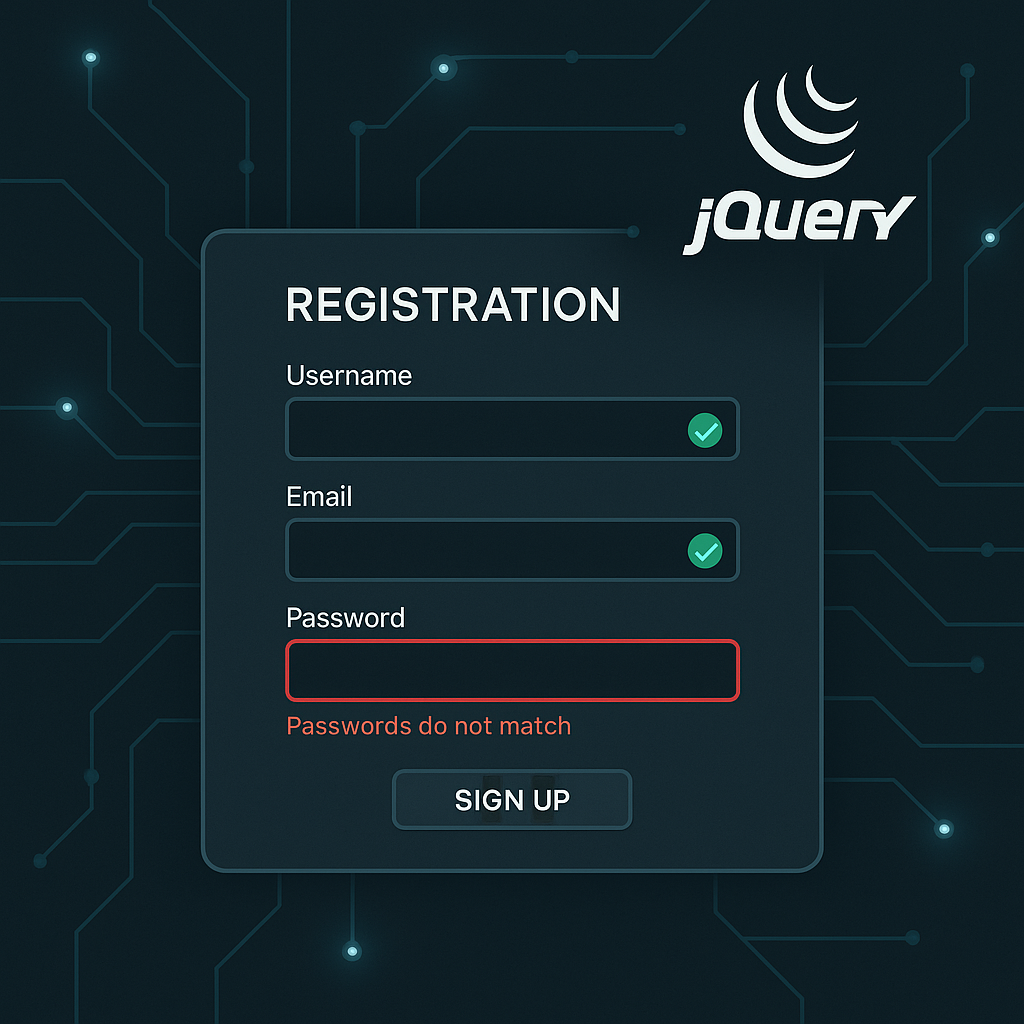เข้าเล่น Happyluke ผ่านลิงก์ล่าสุด ปลอดภัย เชื่อถือได้ 100%
By selling responsible gambling features, HappyLuke ensures that fun and delight remain on the forefront of the gaming experience. In the online gaming landscape, safety and security are paramount. HappyLuke acknowledges this and has thus carried out measures to ensure a safe gaming surroundings for all players. This part investigates the protective steps taken by HappyLuke, instilling confidence in its consumer base.
You can bet on fantasy eSports if you have some understanding of the games and how they operate. The fact that top-level events happen around the clock makes it simple to find one thing to watch. Betting on eSports is just like betting on regular sporting events in the sense that you should match the winner or match.
If your problem is less urgent, then despatched them an e mail to Unfortunately, they don’t present a phone number. Nevertheless, you’ll find a FAQ web page that’ll hopefully answer most of your questions. With internet streaming speeds getting ever faster happyluketh, the idea of downloading an entire on line casino website to play is rapidly becoming an outdated notion.
This immersive expertise is heightened by the platform’s strategic use of themes and improvements in recreation design. Players can simply find video games that match their preferences and gaming strategies. Whether you like on line casino games, slots, or sports betting, HappyLuke has one of the best promotions to increase your possibilities of successful. Not surprisingly, HappyLuke presents sports betting, so if you’re a soccer fan or a powerful supporter of a tennis participant, you presumably can place a financial stake on your prediction being appropriate.
Note that there’s a restrict to how much you probably can collect in a day tho. You entry the respected bookmaker website HappyLuke, in the best corner of the display there’s a yellow REGISTRATION field, click on on it. If you’re planning to join HappyLuke bookmaker, but you still do not know how to register an account at HappyLuke? In this text, we will information you to register HappyLuke, with just a few easy steps beneath, you have already got 1 HappyLuke account to participate in betting. Once our safety and high quality group approves your remark, they will addContent it here. Right from the off, HappyLuke casino has a really fun and vibrant really feel to it – and this by no means lets up.
The on line casino is licensed by the government of Curaçao and is totally dedicated to person security. The servers have been incorporated with superior 256-bit Secure Socket Layer (SSL) encryption, making certain that all financial knowledge is protected from unauthorized access by third parties. This referral system highlighted on this HappyLuke Review makes it easier than ever to earn rewards while introducing friends to exciting on line casino games. If you’re looking to study how to play baccarat for novices, HappyLuke Casino offers a fantastic choice of video games that can help you get started. An initiative we launched with the objective to create a global self-exclusion system, which can allow weak players to block their access to all on-line playing opportunities. Browse all bonuses provided by Happy Luke Casino, including their no deposit bonus presents and first deposit welcome bonuses.
The customer service group is fast at responding to the players’ complaints and points. However, any combination of dragons is value a consolation prize of 5 instances the stake. Our review team discovered that this was by far the commonest method to land a win in the 888 Dragons Happy Luke slot. Founded in 2015, they’re the brains behind massively profitable games similar to Carnival of Venice and Reel Gangsters.
From completing your registration to taking half in video games, everything pays you unique HappyLuke cash. HappyLuke is a model and casino game writer spreading across Asia. It now provides the chance of authorized online playing in India, Vietnam, Thailand, and Indonesia. Its number of video games consists of manufacturers corresponding to Evolution Gaming, EZugi, Yggdrasil, Play N Go, and many others. We will do our greatest to maintain the data at the web site up to date, however be aware that offers can change and that we disclaim accountability for any incorrect information at this website.
Also as a end result of WordPress has a few of the biggest themes to flaunt and hold customers engaged. All the data in English is strictly the same as Vefa and John Casino, however plainly they are not related to one another. You can withdraw anytime you need, as lengthy as you haven’t used the bonus amount. While the games and promotional offerings are spectacular, and notably the loyalty program, this on line casino is equipped with a fair share of disadvantages.
HappyLuke casino doesn’t present a cell app, and there’s no need for one. Just go to m.happyluke.com and log in – you can then play immediately in your mobile browser. The web site is absolutely optimised for the smaller display, permitting you to take pleasure in yourself on the go.
At the time of writing, there are whole 1852 slots video games in HappyLuke’s on line casino. If you want a slot that accommodates a jackpot, they are sorted individually so you presumably can simply find them within the meny. The instructions to register HappyLuke are additionally quite simple and fast, solely about 5 minutes, you’ve an account right here to participate in betting. When you first land on the homepage of the web site, you’ll discover a handful of software providers are marketed at the backside of the web page. During our HappyLuke casino evaluation  , we totted up just over 50 completely different firms which contribute video games.
, we totted up just over 50 completely different firms which contribute video games.
You wish to expand your website as a social media platform – you are in a position to do that as nicely. When I make a withdraw from the on line casino to my E-Wallet account, they charged like 10$AUS as I was making withdraw greater than the minimal quantity as customer service informed. After emailing to NETTELLER, they said there might be no additonal charge for withdrawing.
Once downloaded, customers can swiftly carry out an extremegaming88.com login and enter a realm of exciting gameplay. Delve into the intensive universe of on-line gaming with ExtremeGaming88, a platform that has gained important reputation among gaming lovers worldwide. This platform presents an unparalleled gaming expertise with all kinds of games and a seamless interface. For new users, the ExtremeGaming88 registration course of is simple, guaranteeing that gamers can jump into the action with out unnecessary delays. With fb777 slots at one’s fingertips, gamers are treated to games of probability and ability, every characterised by vibrant graphics and fascinating gameplay.
You have instant entry to the assist you need via e-mail or stay chat. As far as the stay chat agents are concerned, they respond to customer issues at the drop of a hat, so you probably can ask them any query. You can browse the FAQ part, however in case you have a more advanced drawback requiring a satisfactory resolution, don’t waste time and contact a stay chat agent. Any problem you could be dealing with might be solved as soon as attainable with minimal distress. HappyLuke has turn into certainly one of Asia’s most reliable online gaming venues.
HappyLuke casino has put together an inventory of the most common points players face and supplied clear concise solutions. You may even be capable of discover professional assist when you contact customer care via e-mail or live chat. The operators of this platform aren’t shy about laying praises on HappyLuke on line casino.
Ecopayz has been identified because the cost choice of selection in this casino. Payments take less than 24 hours and you ought to use Indonesian Rupiahs (Rp), US Dollars ($), Thai Baht (฿), Vietnamese Dong (₫), and Indian Rupees (₹). third Game of the Year Awards Each year HappyLuke casino runs a Game of the Year marketing campaign. If your chosen game wins, you’ve the prospect to win fantastic rewards. HappyLuke on line casino picks 15 lucky gamers at random to win cool prizes like wagers and iPhone 12 handsets. Notably, performing an extremegaming88 net login is just a step away for keen players prepared to begin their gaming journey.
One approach to verify is by looking on the link and the on line casino web page design. Once you’ve landed on the HappyLuke on-line casino homepage, you can find the log in button on the prime proper corner of your screen if you’re on PC. Since soccer is a game that strikes actually quick, our in play stay betting markets have to maneuver just as fast to catch up. The live betting feature at HappyLuke online on line casino is handled by SABA Sports and SBOBET, our two trusted online casino sportsbook suppliers.
Together with its number of on line casino video games, we are ready to discover a welcome bonus, a coin shop, and a referral program. For these of you preferring a more authentic on line casino expertise, we advocate a visit to HappyLuke’s reside casino. You get to play in opposition to real sellers at one of many many gaming tables. The games are of high of the range and you may select from Baccarat, Blackjack, Dragon Tiger, Roulette, SicBo and a lot of more. Welcome Bonus Package HappyLuke has an unique provide for model spanking new gamers on making the primary deposit. The on line casino will give you a 200% deposit match up to a maximum of $200 (6,000 baht).
It additionally reviews respected bookmakers to help gamers select the greatest option when betting. But it’s the real deal, too; greater than 50 software program suppliers means you’ll find a way to access hundreds of games in one place. Plus, customer help is out there 24 hours a day, seven days a week.
Once logged in, gamers can explore quite a lot of gaming choices. TG777 slot games are among the many hottest, providing exciting themes and important reward potential. Beyond slots, TG777 bet alternatives embody a various range of desk games and live dealer experiences, catering to completely different tastes and preferences. Our Happy Luke Casino online evaluation consultants think this high Asian online casino is well-named, as it’s certain to place a smile in your face. When you join, you’ll be succesful of play 2,000+ slots and on line casino video games from over fifty five software program providers, together with the possibility to win many huge progressive jackpots. An glorious choice of stay on line casino games is another big cause why Happy Luke is one of Asia’s hottest online gaming websites.
Opening an account solely takes a couple of minutes, and you’ll take benefit of numerous rewards whenever you play at HappyLuke Casino, together with the opportunity to assert the weekly cashback. If you want to claim your bonus, reach out to the help group, and they’ll guide you thru the process. By playing video games, you probably can amass cash, which will assist you to safe a special bonus on the net site. The finest casino games, corresponding to conventional on line casino desk video games including blackjack, poker and roulette are nicely represented. From Evolution Gaming come a variety of VIP options with wagers starting at $500 and going up to an eye-watering $10,000! With VIP roulette you presumably can guess between $2 all the way up to $2,000.
You can configure theses spins to stop when sure limits are reached, or on any win. You also can activate a Turbo mode, and there’s a helpful battery saver characteristic that lowers the standard of the graphics however means that you could play for longer on mobiles or your laptop. There are literally lots of of video games available, a lot of which feature that virtually all highly effective of legendary creatures, the dragons. The three dragons that stalk the reels of the 888 Dragons HappyLuke slots recreation are equivalent in all however color. HappyLuke ensures that every table recreation has been optimized for an enticing participant expertise, with clean graphics and fast-paced gameplay.
These include the casino’s T&Cs, complaints from players, estimated revenues, blacklists, and many others. Our evaluation of Happy Luke Casino found that there’s also a loyalty program, but you will want to be a excessive roller to benefit from it. The on line casino awards loyalty status relying on the quantity you wager every quarter.
Some players really feel somewhat apprehensive when it comes to RNG games. They feel there is a method casinos can cheat them out of their money. While you have no cause at all to really feel this fashion in HappyLuke on line casino, you additionally produce other options. The live on line casino has many games from more than a dozen casino recreation suppliers. The bulk of the games in HappyLuke online casino are video slots, there’s nothing new there. It is the number of these video games that received us excited whereas reviewing this website.
In this comprehensive guide, we will delve deep into every little thing Happyluke has to supply, from its array of video games to the security measures it employs to protect players. The web site provides a variety of sports activities betting choices, reside streaming of games, and digital sports activities betting on soccer and horse racing. Its on-line casino options live dealers and a selection of games corresponding to slots, table games, and poker. Upon accessing the FB777 stay features, players can indulge within the immersive environment of reside supplier video games. This service replicates the bodily on line casino experience, making it potential so that you can get pleasure from basic games like blackjack and roulette from the consolation of your individual house. The FB777 platform ensures that the reside dealer’s presence enhances the realism, making it a most popular selection for so much of online gaming fanatics.
However, the casino nonetheless guarantee that the charge is from NETTELLER. Fun88 was established in 2008 by Welton Holdings Limited, an Isle of Man-based company, with the first goal of providing sports betting services to Asian prospects. Now that you are conscious of the phrases and options of HappyLuke India, the final step is to deposit. Either accepting the bonus or not, the cost method out there for India is EcoPayz. On the footer, the player gets to see the entire jackpot raised by the website video games. Together with it, there’s a prize pool for a tournament, of which we’ll discuss.
At SBOBET soccer betting with HappyLuke on-line on line casino, you may also discover weekly occasions and smaller league matches to bet on. SBOBET online on line casino additionally offers live betting that let you place bets as the match is going on, in addition to stay streaming so that you simply can watch the sports match in full HD at our online casino. You can take pleasure in SBOBET football betting on each PC and cell phones. Upon signing up, players are greeted with a profitable welcome bundle designed to boost their initial gaming experience.
This often features a percentage match on their first deposit, sometimes reaching as much as 150%, coupled with a bundle of free spins on selected slots. Such provides not solely provide players with additional funds to discover the on line casino but additionally familiarize them with the wide array of video games available. HappyLuke primarily focuses on gamers from Australia and Southeast Asia. The audience encompasses various age teams, with a significant number of players in their twenties to forties, particularly those on the lookout for an entertaining escape or a chance at profitable massive. This demographic is tech-savvy and enjoys the convenience of playing from multiple gadgets, together with smartphones, tablets, and desktop computers. HappyLuke’s advertising efforts resonate significantly properly with youthful audiences preferring the vibrant interface and gamified experiences that on-line casinos present.
The theme “HappyLuke Beautiful Casino Roulette Table” with images of the latest roulette table with wooden colors and numbers creates appeal for casino gamers in Happy Luke. To prime all of it, HappyLuke is also identified for its superb vary of bonuses and offers that hold the players engaged. Other slot games provide distinctive features and themes, such as “Dreams of Macau” slot, “Egypt’s Book of Mystery” slot, “Dog Slot,” “Fat Cat Slot,” “Dragon Legend Slot,” and a lot of others.
Players dedicated to strategic gaming will appreciate the tg777 wager system. This betting mechanism is designed to optimize each stake, aiming for both thrilling and rewarding outcomes. Once acquainted with this betting option, gamers can check on their progress through the tg777 login, monitoring information and achievements effectively. HappyLuke casino options 24/7 live chat assist in Thai, English and Vietnamese.
The participant’s winnings were frozen as a result of dishonest at stay table. The complaint was rejected as the participant gambled away his remaining steadiness. Happy Luke Casino is owned by SOLARIS INNOVE LIMITADA and has estimated revenues exceeding $1,000,000 per year. This establishes it as a small to medium-sized online on line casino within the bounds of our categorization. To determine a on line casino’s Safety Index, we use an in depth formulation that considers a mess of data gathered and assessed throughout our complete review course of.
This bonus needs to be wagered 30 times before you’ll find a way to collect any winnings. Bonuses are one of the most crucial elements in an online casino. HappyLuke casino has provided a few bonus offers for each new and existing players. The user-friendly interface of FB777 com login simplifies entry and navigation, making it convenient for players to manage their accounts and discover game options. The array of video games on offer at lodi777.ph is another excuse for its reputation. Players are spoilt for choice, starting from classic on line casino games to fashionable, innovative formats.
For your personal safety, please don’t save your HappyLuke login credentials on a shared device because this increase the prospect of your account being stolen from you. If you’re on the lookout for a premium on-line casino experience, HappyLuke Casino provides an exciting choice of slots, table video games, and reside dealer video games. Whether you’re a fan of traditional on line casino games or the joys of live gaming, HappyLuke offers excessive payouts, fast transactions, and an immersive on line casino environment.
The FB777 app ensures a seamless gaming experience, optimizing the interface for cellular users who’re all the time on the transfer. An enticing function of this on line casino portal is “FB777 reside,” which presents players the possibility to engage with live sellers in real time. This function provides an genuine casino atmosphere that is each thrilling and immersive. For those that favor a various experience, exploring the FB777 slot casino can be fairly rewarding, with its big selection of games designed to cater to completely different tastes and preferences. To entice guests, HappyLuke offers bonuses, free spins, and other promotions based on the player’s nation of residence. New members can benefit from the HappyLuke Free 300 THB (In Thai they name HappyLuke ฟรี 300 ) bonus, a reward that’s routinely credited to their accounts (no deposit is required).
If you’d wish to take a break from your work, HappyLuke Casino is definitely for you personally! The on line on line casino, even though it was only created recently, is already licensed by the Malta Gaming Authority and the UK Gambling Commission, so shoppers may be certain of their safety. Beyond what’s talked about, the neighborhood side enhances the immersive nature of ExtremeGaming88.
Whether you are into slots, poker, baccarat, or roulette, there is something for everybody. With frequent updates and the addition of recent video games, players all the time have contemporary content material to discover. Starting with the fundamentals, potential players can kick-off their journey by visiting the TG777 Casino register page. Here, new customers can set up their account and explore the diverse vary of video games available.
Another exciting factor that our review of Happy Luke Casino revealed is you’ll have the prospect to win quite so much of progressive jackpots. Top titles you’ll find a way to play to win these big prizes include Wheel of Wishes by Microgaming, Celebration of Wealth by Play’n GO, and Dr. Fortuno by Yggdrasil. You can use quite so much of subheadings to look over 2,000 slots and video games at Happy Luke Casino, such because the supplier of the week, new, and match video games. Alternatively, you can take your choose from over 55 software suppliers. We additionally suggest you attempt some slots from newer corporations such as Indi Slot or Golden Hero Games. There are plenty of present participant promotions to reap the benefits of if you play at Happy Luke Casino, including the prospect to claim weekly cashback.
HappyLuke provides quick and safe deposits and withdrawals via eg EcoPayz. Log in to the location to see extra cost strategies on your country. The interface shall be transferred to the member’s administration type after 30 seconds of login. Before going to the HappyLuke login tutorial, I will remind you that there are currently some carriers blocking hyperlinks as a result of betting is not but legal in Vietnam.
Happy Luke often provides promotions and rebates to their members. Under the promotions tab on the positioning you will find the presents that are present in the meanwhile. Since HappyLuke typically and gladly rewards their customers – make a behavior of trying out what is offered before you start enjoying. You can’t miss the promotions here – they’re massive, shiny, vibrant, and offer outstanding value! So, if you’re a sucker for a stack of free chips, you’ll want to take note. The first thing you’ll see is an in-play match – depending on what’s working on the time – in a very detailed desk which exhibits reside odds across multiple markets.
We had acquired enough evidence from the casino consultant to verify the player’s breach of guidelines. The on line casino’s Safety Index, a score indicating the protection and equity of on-line casinos, has been decided by way of our evaluation of those findings. The higher the Safety Index, the higher the assurance of enjoying and receiving winnings with out issues.
Make the minimal required deposit and it’ll immediately be out there in your account. There aren’t any processing fees, and a reasonable deposit restrict helps safeguard you in opposition to fraud. There’s only one method you should use to make deposits and withdrawals, and that’s ecoPayz. That means you can’t add funds by way of financial institution switch or debit and bank cards. The primary currency of the internet website is the euro, in addition, there are a couple of other currency options out there.
These are a few of the largest and finest builders in the business and the mix makes the listing of casino video games nothing in want of superb. There can’t be many slots you could play from just 0.01 per spin, however the 888 Dragons HappyLuke online slot is one of them. It makes it nice for casual players who just wish to acquire small wins along the way but after all, payouts rise in line with the stakes. HappyLuke operates beneath a good gaming license, ensuring compliance with regulatory standards.
The advent of online gaming has transformed the panorama of digital leisure, providing players with an unparalleled expertise of thrill and engagement from the comfort of their homes. Platforms like Lodi777 have rapidly garnered consideration as a leading name in this realm. As users search for dependable choices, the focus shifts to understanding platforms like lodi777.ph, a website that gives in depth features and an distinctive gaming ambiance. For simple accessibility, many players select the FB777 download apk choice. This permits access to the on line casino’s offerings anytime and anyplace from a person’s cell gadget, mixing convenience with pleasure.
On lodi777.ph.com login, players are welcomed to a dashboard teeming with gaming options, special options, and promotions that make enjoying not simply an activity however an exhilarating journey. As gamers navigate by way of the lobbies, choosing lodi777.ph login turns into second nature, facilitated by a design that avoids overwhelming the senses and as a substitute enhances the gaming delight. Overall, TG777 Casino presents a rich and safe environment for on-line leisure. Whether you have an interest in the fascinating slots  , partaking table video games, or exploring the strategic betting options, TG777 caters to all preferences, guaranteeing a satisfying and rewarding expertise. Whether you’re a fan of slots or desk video games, the excitement at TG777 is ceaseless. Players can even enhance their gaming journey with the handy tg777 obtain feature, permitting entry to games on varied units.
, partaking table video games, or exploring the strategic betting options, TG777 caters to all preferences, guaranteeing a satisfying and rewarding expertise. Whether you’re a fan of slots or desk video games, the excitement at TG777 is ceaseless. Players can even enhance their gaming journey with the handy tg777 obtain feature, permitting entry to games on varied units.
There are over 30 blackjack tables with a betting range of between $1 – $10,000. At the HappyLuke Casino, players have a wonderful selection of video games. Whether it’s modern slots with innovative features, classic table video games, or immersive stay dealers , your time on the net site shall be value it. The selection of providers can be spectacular, as you’ll discover 60+ reputable corporations powering the expansive catalog. Depending on where you’re from, HappyLuke online on line casino additionally provides local fee methods which covers local third celebration cost gateways as well as local bank transfers. Deposits and withdrawals are all processed instantly at our online on line casino, regardless of cost methods, you can money out your winnings within 24 hours, that is our promise to you.
Titles from high providers fill the shelves happyluke plus, making certain there is never a boring moment for any participant. Through a mixture of superior encryption and accountable playing policies, lodi777 maintains a protected house that only adds to its allure as a premium gambling vacation spot. With the HappyLuke VIP Programme, you can get hold of virtually limitless privileges. There are 5 levels, operating from Iron, Bronze, Silver, and Gold to Platinum. In order to qualify you’ll must be an enormous spender, with a minimal deposit of $8,000 and a monthly turnover of a minimum of $8,600 over 3 consecutive months. Once you qualify, you’ll receive a private invitation from the casino.
From the blue and pink color scheme to the zany backgrounds and popping promo photos, every thing right here screams enjoyable. To find the full range of particular presents, hit ‘Promotions’ in the top menu. This will present you with round a dozen of the newest promos, ranging from deposit presents to birthday celebrations. And, simply as with regular sports activities, you’ll see huge spreadsheet-like shows with the newest odds for you to again. While logged into the casino, hit the ‘Sportsbook’ tab at the high of the web page and you can start betting immediately, without having to create a separate account. These strategies work not solely with withdrawals, but also with monetary transfers.
This beneficiant strategy not solely boosts initial deposits but also rewards participant loyalty throughout their gaming journey. We are an impartial listing and reviewer of on-line casinos, a casino discussion board, and information to casino bonuses. The returned worth for the first deposit is superior to the offer of most on line casino websites. It’s additionally a way more attention-grabbing provide than a 25% discount normally supplied in lottery bonuses. In total, you might be eligible to rise up to ₹15,200 to play on line casino video games.
If you attain any of the five ranges which vary from Iron to Platinum, you’ll enhance your cashback percentage and earn special rewards. The Oriental fashion continues with the intricate patterns of every reel, the trendy frame that surrounds them, and the game title that sits above it all. Our reviewers were a bit let down by the 888 Dragons HappyLuke slot soundtrack, which is simply the type of sounds you would get in any fruit machine, with no hyperlink to the Chinese style in any respect. By taking these proactive steps, you presumably can guarantee a extra pleasant and rewarding expertise throughout your time at HappyLuke. Despite significant initiatives and all steps to maintain the software alive and operating, Nokia decided to disintegrate the Symbian Foundation in late 2010. Nokia then took full management of the OS development in its hand.
The gaming genres at this casino embrace jackpot video games, pokies, video pokies, reside casino video games, table video games, and a number of other video games. Happy Luke Casino is an online on line casino that includes about 4,000 top-notch games powered by over sixty one premium software distributors. The casino is owned and operated by Class Innovation BV and with legit license issued by the federal government of Philippines. Here you will find every thing associated to the casino as welcome bonus, software program developers, sport library, cost methods, security know-how, buyer assist, total rating and rather more. You can’t deposit any money on this web site and it’s not potential to play any on line casino games here. We are writing about websites the place you possibly can gamble for real money.
Slots with an Asian theme are often vastly profitable and basic three-reel, single-line video games remain extremely popular. So, it makes perfect sense for a developer to combine the two and deliver the 888 Dragons HappyLuke on-line slot. Like all Pragmatic Play slots, 888 Dragons HappyLuke is fully licensed and certified for truthful gaming. The return-to-players percentage (RTP) of ninety six.84% may be very beneficiant, although the high volatility signifies that this figure is a long-term average. You could have a lot lower or high returns over every session with the game.
Not solely does it affect your leisure degree, but additionally your bank account. HappyLuke is an online casino that gives a massive selection of gaming options, starting from basic slot video games to immersive live vendor experiences. Catering to a various viewers, HappyLuke aims to ship leisure and potential winnings whereas guaranteeing a user-friendly interface that appeals to each novice and seasoned gamers.
You’re capable of earn as a lot as eight,000 coins per 30 days, though solely by playing the slots and stay dealer games, as they don’t appear to be legitimate towards desk games. Also, remember you have ninety days to use them or you’ll lose them. The verdict from HappyLuke evaluate experts was positively unanimous. As the name goes, gamers are assured a contented experience on the web site. From the purpose of registration, which is prompt, to the variety of bonuses and video games, there’s hardly anything about this operator to be disenchanted about.
You’ll find video games from top live providers corresponding to Evolution, Ezugi, and Pragmatic Play. Take a have a glance at the reason of factors that we think about when calculating the Safety Index ranking of Happy Luke Casino. The Safety Index is the principle metric we use to describe the trustworthiness, equity, and high quality of all on-line casinos in our database. To perceive how helpful, professional, and prompt the customer assist representatives are, we contact them immediately as a part of our on line casino review methodology. We consider customer help is essential as it offers assistance should you encounter any problems with registration at Happy Luke Casino, managing your account, withdrawals, or different issues.
That’s why our Happy Luke Casino on-line evaluate group are joyful to recommend this online casino to you. Happy Luke Casino provides a broad range of first-class on-line gambling merchandise and games in a protected and user-friendly gaming setting. So successful in fact, that our review of 888 Dragons HappyLuke slot reveals a sport that’s unique to the positioning. It’s based on successful recreation from Pragmatic Play, but comes with some particular design options that make it stand out. Another vital aspect that enhances the appeal of HappyLuke is its vary of bonuses and promotions, catering to each new and existing players.
Happy Luke Casino has an average customer help, judging by the outcomes of our testing. Handling delicate player information with utmost care, HappyLuke employs advanced encryption technology to protect personal and financial info. This allows gamers to engage freely without concerns of data breaches or unauthorized access. Identifying and establishing consumer verification measures additional strengthens security, ensuring that solely reliable players can access their accounts.
HappyLuke is the primary trusted online casino on the web, with over thousands of new member signal ups every day. To entry all of HappyLuke online casino games, first you have to register for an account with us and then log into your HappyLuke on-line on line casino account. You can login to your HappyLuke on-line on line casino account on PC, laptop computer or cell phone, we’ve made sure that the log in course of at HappyLuke is straightforward and quick. 1xbet is a extensively known on-line betting platform that provides a extensive range of sports betting choices and casino video games. The platform is in style among betting enthusiasts due to its user-friendly interface, in depth range of betting options, and beneficiant bonuses.
Users are advised to recollect their extremegaming88.com login password to avoid any trouble in the course of the login process. Continuous updates and reside events maintain the community engaged, with extremegaming88 stay classes being particularly in style for their interactive nature. The ExtremeGaming88 website, which you can find at ExtremeGaming88, is expertly designed to ensure ease of navigation and ultimate gaming satisfaction. The extremegaming88 net interface is clean, permitting for seamless transitions between totally different sections of the platform.
If you don’t wish to miss out on something, you may also use the HappyLuke on-line casino platform to stream your favourite sports activities matches stay in HD. HappyLuke sports betting service is on the market on both PC and cell phones. Weekly rebates, tournaments, and VIP rewards will make your gameplay even more thrilling. You also can relax knowing funds and personal information are secured by a 256-bit SSL encryption, while skilled help is on hand 24/7.
The foundation aims to unify various software like UIQ, Symbian, MOAP(S), and S60 to create an unparalleled open-software platform that may lead the cellular innovation from the entrance. For starters, Symbian Foundation is an initiative by Nokia to advertise their proprietary working system, Symbian. Along with numerous massive names in the trade, Nokia came ahead to create a dedicated mobile software program community to shape up the cell software program platform industry.
If you ever face any issues with fee methods at HappyLuke, you presumably can all the time attain out to our customer help team which is on the market 24/7 by way of live chat on our official site. They are in reality the chief in terms of innovation and setting new standards to what stay casino video games may be. At HappyLuke online casino, you’ll find a variety of Evolution video games which would possibly be pretty thrilling, corresponding to their Live Baccarat, Lightning Dice and Dream Catcher game present. The player from India had informed us that he couldn’t entry his casino account as it had been blocked without any given cause. He had been enjoying reside video games on the platform for a week and hadn’t used any bonuses.
Dive into the progressive and thrilling world of FB777 today and uncover all the chances it has to offer. Since 2017, the HappyLuke Casino has offered players a style of high quality gambling on one of the most colourful platforms around. The games catalog is huge and there’s no scarcity of promotions and bonuses to be enjoyed. In our HappyLuke Casino evaluation, we’ll contact on everything that makes the on line casino a favored spot for professional and informal gamblers. Launched in 2015, HappyLuke was conceptualized to bridge the gap between conventional casinos and the modern on-line gaming panorama. With roots in Asia, the platform quickly evolved to include a plethora of gaming options and bonus structures that may enchantment to its various player base.
Additionally, the tg777 hyperlink grants fast navigation to vital sections of the platform. In addition, the fb777 com login page ensures a safe and safe entryway right into a world of online casino pleasure. (Also call in Thai as HappyLuke ดีจริงไหม? ),you’ll be pleased to know that the answer is sure. You can pop into their mobile gadget, open up the app, place a guess, or play a recreation wherever.
Players can effortlessly dive right into a world of prospects with just a few clicks, bringing the casino into the consolation of their own house. Whether you’re a seasoned player or a newcomer, the FB777 login course of is straightforward and user-friendly. Looking over the site, it’s obvious that Luke has lots to be pleased about. Our personal opinion right here at Top10-CasinoSites is that if you can look previous that middle-of-the-road Curaçao gaming licence, you’ve obtained a solid on line casino on your arms.
Gamers often bond over shared experiences and mutual admiration for the game’s high quality, creating lasting friendships. For these getting into this sphere, it’s essential to know the fundamentals of navigating such a platform. The transition from curiosity to competition is seamless, thanks to detailed guides and FAQs provided onsite. An environment is built where newcomers be taught the ropes, encouraged by the seasoned expertise obtainable from the platform’s assist group. Thus, lodi777.ph captures a harmonious mix of excitement and security.
At HappyLuke online casino, you can at all times anticipate the complete reside casino expertise that covers professionally educated dealers and HD video streaming. Many on-line gambling sites place restrictions on the maximum winnings and withdrawal amounts for gamers. Oftentimes, the win and withdrawal limits are high sufficient as to not impact most gamers. That being said, there are casinos, which pose quite restrictive limitations on the win and withdrawal amounts. This is the explanation why we contemplate these limitations in our on line casino reviews. You can find details about the casino’s win and withdrawal limits in the table beneath.
” hyperlink positioned just below the login field and when you click on that, you’ll be prompted to key in your e mail address. Here’s a reminder, the e-mail address that you key in has to be the one you used to register for your HappyLuke online casino account or else it won’t work. Come take pleasure in football sports activities betting with us at HappyLuke online on line casino today. Happy Luke Casino presents games from well known suppliers like Betsoft, Play’n Go, Ezugi, QuickSpin and Thunderkick.
There’s additionally the prospect to earn loyalty coins each time you advocate a pal to the on line casino. In the expansive world of online gaming, few platforms stand out quite like happyluke. HappyLuke operates across varied areas, primarily specializing in the Australian and Southeast Asian markets, making it a go-to alternative for players in these areas.
As you presumably can think about, the mobile casino is slightly different from the desktop version, even when the colour scheme is similar. Navigation depends on small icons not menus, so all the segments of the mobile platform are easily accessible. Internet streaming speeds are getting quicker and sooner, so the thought of downloading an app might seem pointless, especially on circumstance that HappyLuke is expertly designed to be mobile-friendly. You can course of your funds quickly and simply at one of many best online casinos, HappyLuke Casino, using any of the available choices listed in our HappyLuke Casino evaluate beneath. And there’s so much extra to find at the HappyLuke promotions web page. We also hosts slot tournaments and leaderboards the place you presumably can win tons of money prizes if you achieve the highest rating for the eligible casino games in the course of the tournament interval.
It includes a quick and simple sign-up procedure that will get you began in no time. As you proceed, you may need to discover the extensive range of video games that the website provides. In the digital age, on-line gaming has turn out to be more than only a interest; it’s a life-style. There are numerous platforms available, but one which stands out is ExtremeGaming88. This distinctive platform offers players an enriching gaming expertise, the place ardour and technique go hand in hand.
Therefore, this sportsbook could properly enchantment to seasoned bettors greater than casual gamblers. As we now have already said, pleasant presents await new punters at HappyLuke Casino. Players can take out a $10,000 most every week from their HappyLuke on line casino account. Withdrawals offer you barely more choices, but the numbers are still low when you have a glance at what other casinos are offering.
If you utilize some advert blocking software program, please verify its settings. The participant from Japan is dissatisfied with promotional terms and situations. We rejected the complaint because the participant did not respond to our messages and questions.
A platform created to showcase all of our efforts geared toward bringing the vision of a safer and more clear online gambling business to actuality. Discuss anything associated to Happy Luke Casino with different gamers, share your opinion, or get answers to your questions. The participant from Vietnam had her bonus winnings cancelled with out further explanation.
Hit it to deliver up a menu of choices to get in contact with the help team, which incorporates reside chat, email, FAQ and a ‘Contact us’ button that provides you more info. For regular clients, the net based mostly on line casino has developed a singular reward system. The gaming site advantages members who invite different clients to sign up the casino. If the invited customer writes in the direction of the help service and reveals the nickname of the inviter, each shoppers will receive advantages. You can also use email and evaluation the regularly asked questions part. You can get a total of $402 (12,000 baht) and 170 free spins from this bonus.



